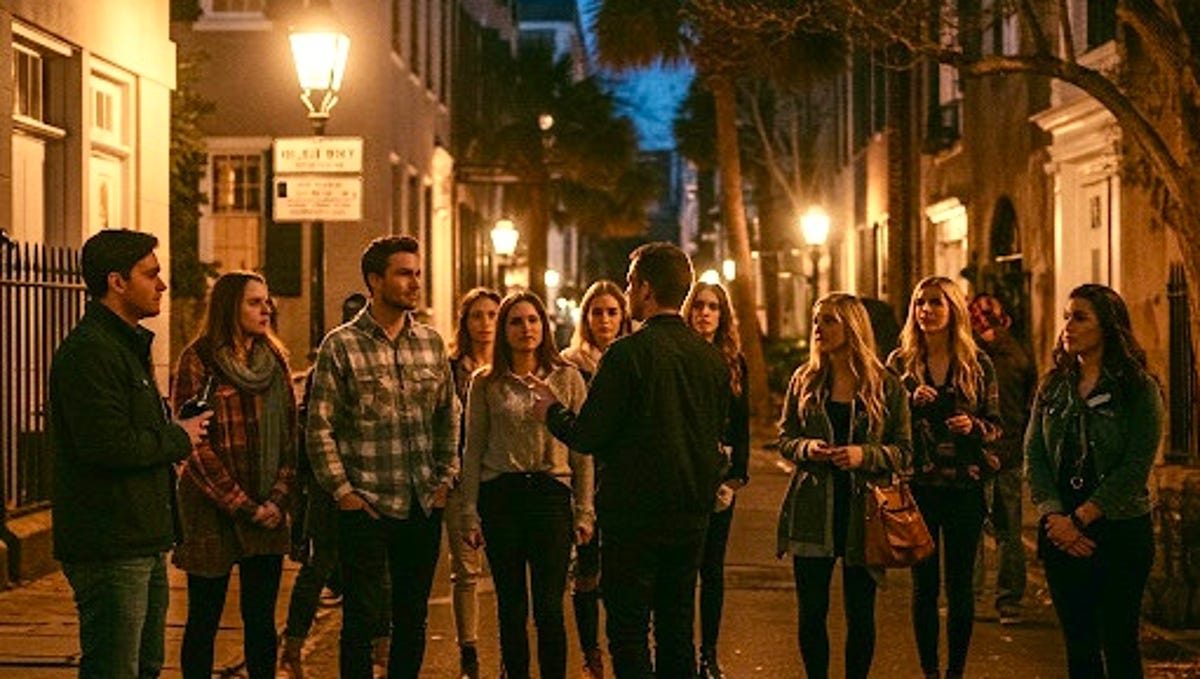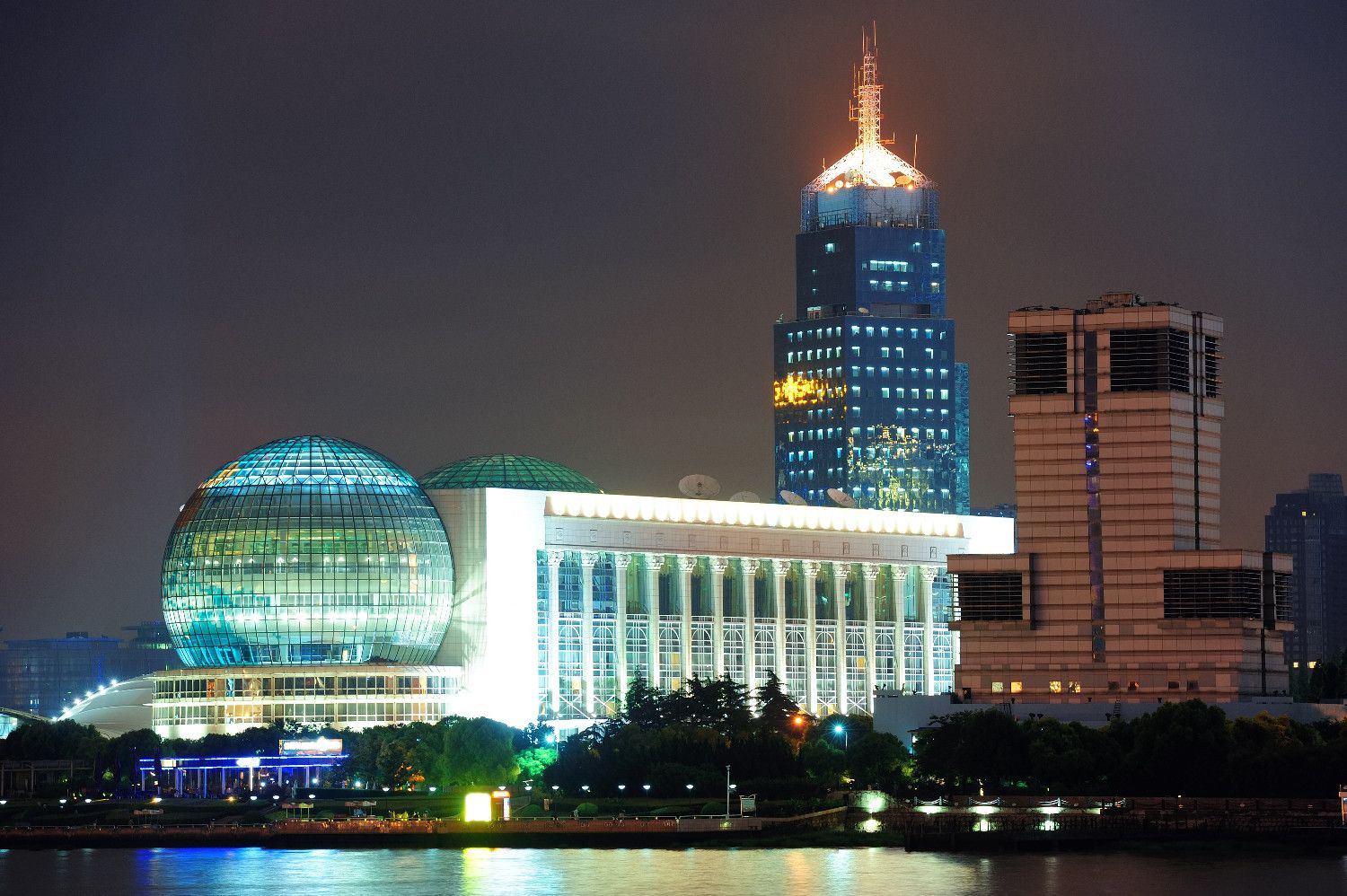
Inside the ghost tours making history matter
In a country that prefers to bury its darker stories under hotel renovations and high-rise developments, Empire Tours and Productions is doing the opposite: digging them up.
Founded by serial entrepreneur Stevie Garcia, Empire has quietly built one of the most successful and unconventional tour companies in the world. Operating across major U.S. cities and expanding steadily into Europe, Empire specializes in what’s known as “dark tourism” guided experiences that explore sites of historical violence, tragedy, and a haunted past.
It’s a bold proposition: that the darkest chapters of the past are not meant to gather dust in textbooks, but to be felt, understood, and honored — brought to life with care.
Garcia doesn’t mince words. “The alternative isn’t moral superiority,” he says. “It’s forgetting.”
The Allure of the Uncomfortable
Dark tourism, sometimes called grief tourism or tragedy tourism, isn’t a new phenomenon. Pilgrimages to battlefields, ancient ruins, or notorious prisons have existed for centuries. But what used to be a niche form of travel is now quietly surging in popularity. Fueled by TikTok curiosity, Google’s “People Also Ask” feature, and voice search queries like “What’s the most haunted place in Charleston?”, travelers are increasingly drawn to the macabre.
Empire has capitalized on this cultural shift, but with a twist: they treat these tours less like attractions and more like acts of preservation. The company’s approach is rooted in what Garcia calls “memorial storytelling” an insistence that the past deserves to be felt, not just remembered.
“People think monetizing tragedy means exploitation,” Garcia says. “But if we don’t tell these stories, they disappear. We’re not capitalizing on death. We’re investing in memory.”
A Portfolio of Shadows
Empire’s story began in Chicago, a city rich in mob lore and ghost stories. The Gangsters and Ghosts tour there remains a flagship experience, blending architectural history with the legacies of Al Capone’s Outfit and the Prohibition underworld. Visitors are guided down back alleys, onto forgotten paths, and across the very spots where bootleggers died or mob bosses ruled the streets.
The concept worked. Then it spread.
Empire now runs tourism experiences in cities including:
- Charleston, South Carolina, where haunted harbors, pirate hangouts, and Civil War scars collide in chilling ways;
- Austin, Texas, home to urban legends, outlaw tales, and eerie Victorian relics;
- Washington, D.C., where behind every polished monument is a history of political intrigue, and secret disappearances;
- New York City, with its haunted tenements, old speakeasies, and spectral echoes in Lower Manhattan;
- London and Amsterdam, where Empire is expanding into Europe and the UK with the same ethos: hauntingly rich stories told with local depth and global polish.
Sensationalism or Safeguarding?
The ethics of dark tourism have long been debated. Critics accuse operators of trivializing death or turning real suffering into entertainment. Empire just isn’t that.
“Our job isn’t to scare you for the sake of it,” says Jennifer Petrie, one of Empire’s senior leads. “It’s to transport you. These aren’t ghost stories, they’re human stories.”
To that end, Empire trains its guides as educators. Instead of costumes and jump scares, guests get nuanced narration, fact-checked dialogue, and a pace that allows reflection, not just photo ops.
In short: Empire is not just part of the tourism industry. It’s part of the memory infrastructure of the past.
Why People Keep Coming Back
So, who takes these tours? Everyone.
From high school history teachers to bachelorette parties. From paranormal investigators to journalists and TikTok content creators. Some guests come for the spook. Others for the story. And some just want to stand in the exact spot where something terrible and important happened.
At the heart of it is a universal truth: people want to feel something. Empire doesn’t offer simulations or re-enactments. It offers proximity. And when done well, that proximity leaves a mark.
Memory Has a Price and a Purpose
There’s no escaping the commerce of tourism. Flights, food, hotels, and guided walks, all of it costs something. But in the hands of Empire Tours, that cost feels justified.
Because in a media age obsessed with virality, trauma is often consumed in seconds and forgotten just as fast. Empire’s business model does something rare: it slows people down. It invites them to listen. And it gives tragedy the one thing it so rarely gets in a world addicted to novelty: context.
Whether it’s a gangster’s last breath, a Civil War widow in Charleston, or a lost soul in a London alley — it is still echoing.
Thanks to Empire, someone is listening.
link






